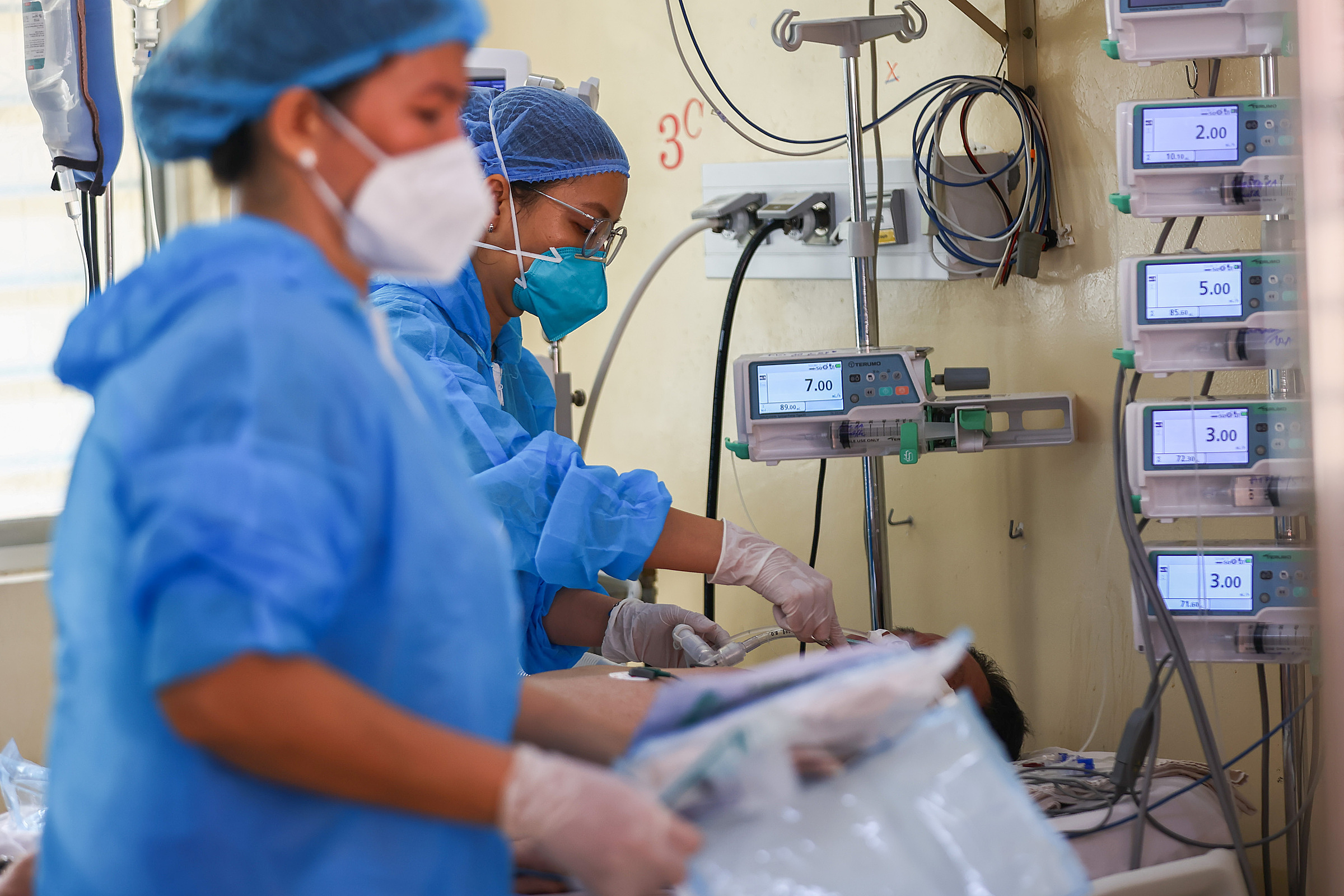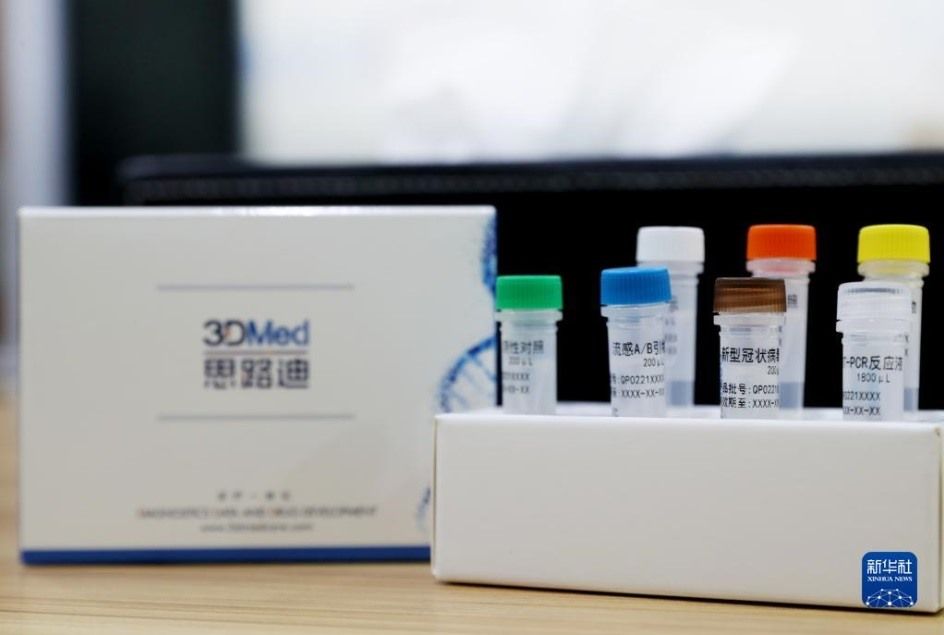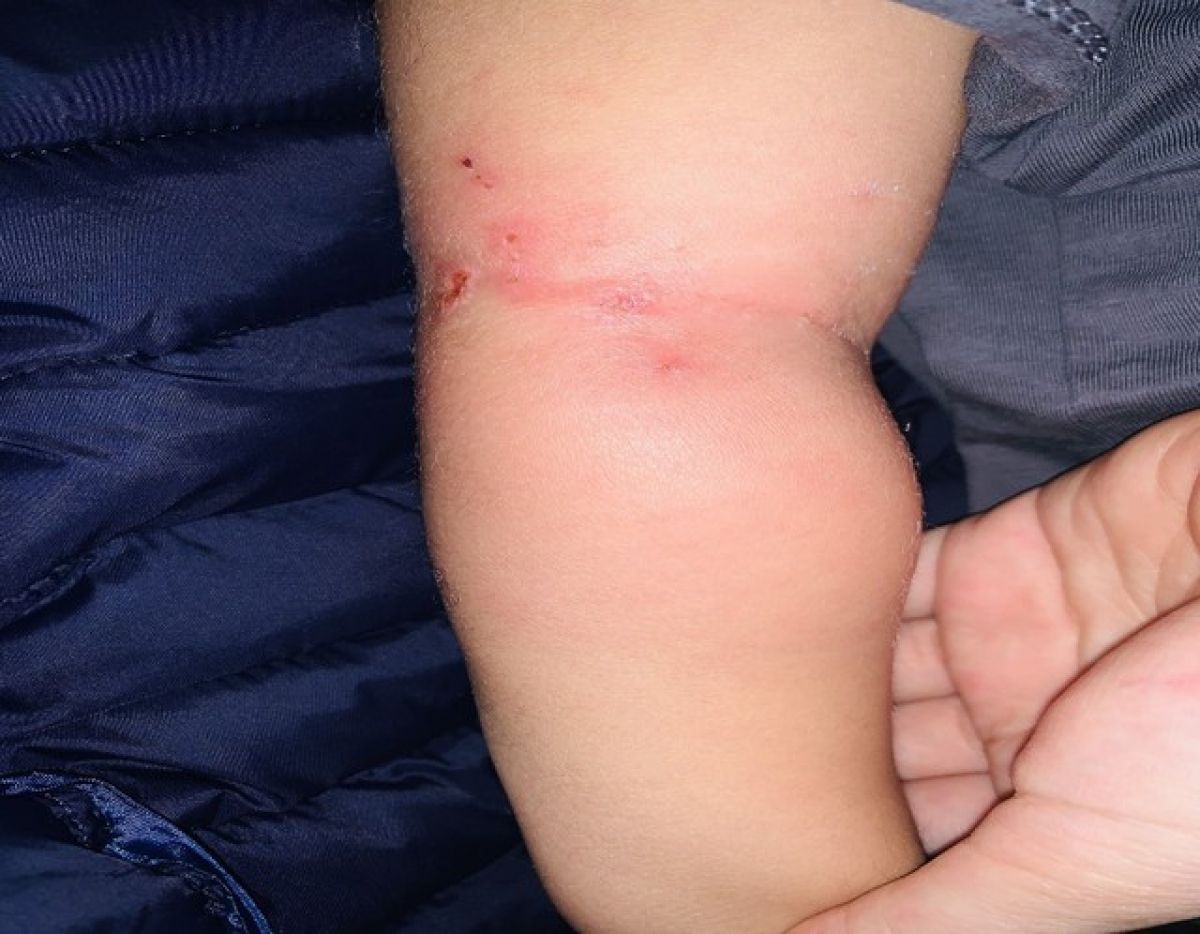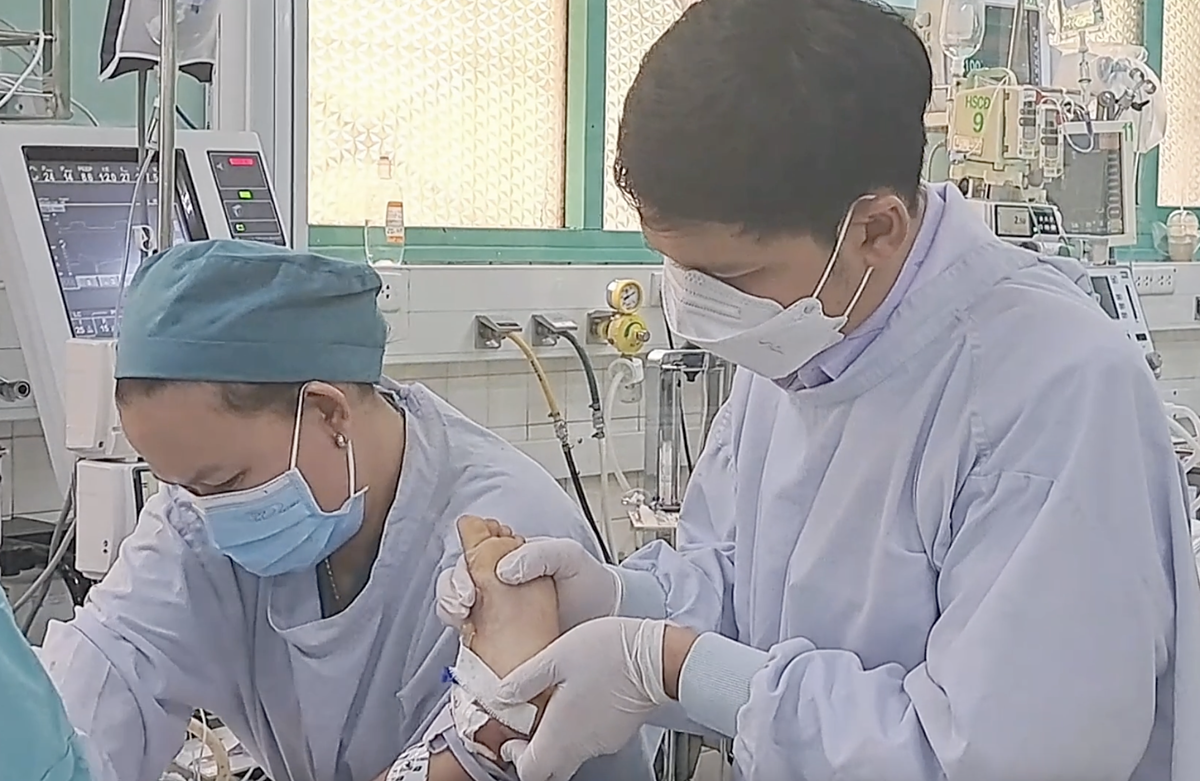The new strain Omicron infects quickly but does not cause severe disease
Doctors said that the new strain of Omicron infects faster than before but does not cause serious illness, the patients being treated are mainly elderly people with underlying diseases.
On the morning of April 28, the Ministry of Health recorded nearly 3,000 more infections in the past 24 hours, about 300 more than the previous day and the highest since early April. However, the number of patients requiring oxygen decreased to 85 cases, 38 fewer than the previous day. In which, 6 cases of invasive mechanical ventilation, one case of non-invasive mechanical ventilation, the remaining patients received high-flow HFNC oxygen and mask oxygen.
The Department of Medical Examination and Treatment analyzed 25 cases of severe and critical illness (respiratory failure requiring supportive oxygen intervention such as mechanical ventilation, HFNC, oxygen mask), showing that 90% had severe pre-existing medical conditions. This group after receiving appropriate treatment interventions had 76% complete recovery.
Assessing Covid patients from the beginning of April until now, Mr. Phan Trong Lan, director of the Department of Preventive Medicine, Ministry of Health, said the rate of severe cases was 1.1-1.4%, although the number of infections increased. . Results of viral gene sequencing of samples in March and April, most of which were infected with Omicron's XBB strain. Combined with the clinical features of the patients treated in this episode, most had upper respiratory tract symptoms such as fever, cough, and muscle fatigue.
Doctor Nguyen Thanh Phong, Head of Infection D Department, Hospital for Tropical Diseases in Ho Chi Minh City, said: "The new strain of Omicron does not cause severe disease as the Delta variant two years ago". This is also the comment of Doctor Truong Huu Khanh, Vice Chairman of the Ho Chi Minh City Infectious Diseases Association, when he said that the number of infections increased but did not overload the health system.
According to Dr. Khanh, a respiratory virus will certainly have small mutations, but the main structure is difficult to change. The Omicron variant is now spreading faster, but not as virulent, than the older strain. "Following mutations may also be similar," Mr. Khanh said.
Leading the world's research on the severity of new strains of the disease, Assoc. Prof. Dr. Do Van Dung, Dean of the Faculty of Public Health, University of Medicine and Pharmacy in Ho Chi Minh City, also said that the severity of the Covid disease did not increase. than before.
"Statistics in many countries show that currently the general symptoms of Covid-19 remain unchanged, more or less symptoms depend on each person's body," Associate Professor Dung said, adding that recent new strains are all of Omicron, but not a completely new strain. That suggests that Covid-19 may have reached the end of its transformation, becoming a common respiratory disease.
In fact, the strains detected through viral gene sequencing in Hanoi and Ho Chi Minh City since mid-April until now are similar in the world. Deputy Director of Hanoi Department of Health Vu Cao Cuong commented that these are strains that are being closely monitored by the World Health Organization (WHO) due to increased transmission and evasion of the immune system. However, there is no evidence of increased virulence. Most of the disease symptoms are mild or asymptomatic, but the infection rate is higher than the older strains.

Currently, many people are re-infected with Covid-19 and think that the symptoms are more severe than the first infection. However, Dr. Phong said that it is impossible to confirm that the next infection will have more severe symptoms than the last time. This depends on the location of each person, the type of vaccine they inject, and the concentration of antibodies in the body. The time of patients being positive is longer or shorter than in previous epidemics, and there is not much evidence to confirm.
With the same view, Associate Professor Dung said that the severity of the disease depends on many factors, the most important of which is the level of immunity of the body. For example, if the body has a strong immune system, the invading virus will be immediately resisted, while a weak resistance will make the disease more severe.
"Many people who contracted Covid-19 for the first time had mild symptoms because they were vaccinated at the time, now reinfection may be due to not being vaccinated for a long time, weak resistance, so symptoms are more severe," Dung said.
The Ministry of Health and experts suggest continuing to vaccinate against Covid-19 for high-risk groups to prevent severe transfer and death. The ministry also recommends that during the holiday, people need to comply with 2K (mask, disinfect) and vaccinate, to ensure the health of themselves, their families and the community.
* SOURCE: https://vnexpress.net/bien-chung-moi-omicron-lay-nhiem-nhanh-nhung-khong-gay-benh-nang-4597877.html









 Facebook
Facebook
 Tweet
Tweet
 Zalo
Zalo







 News
News

















 Sign in with Facebook
Sign in with Facebook
 Sign in with Google
Sign in with Google